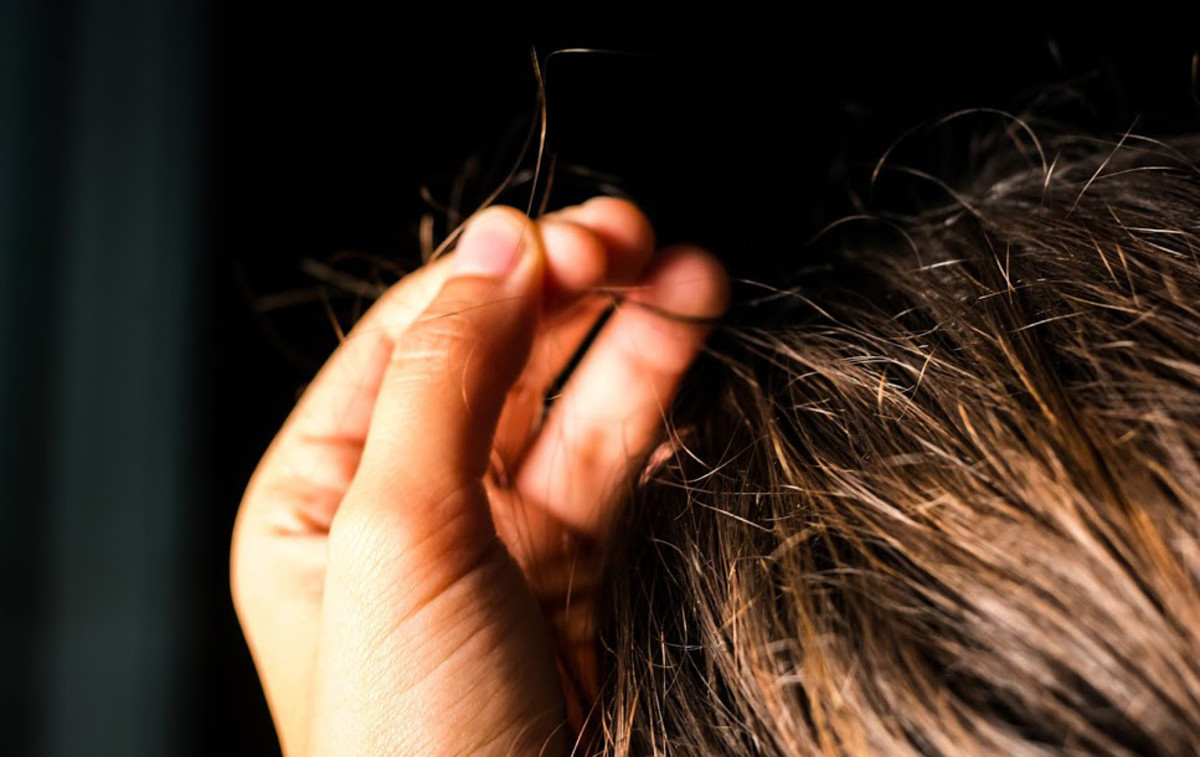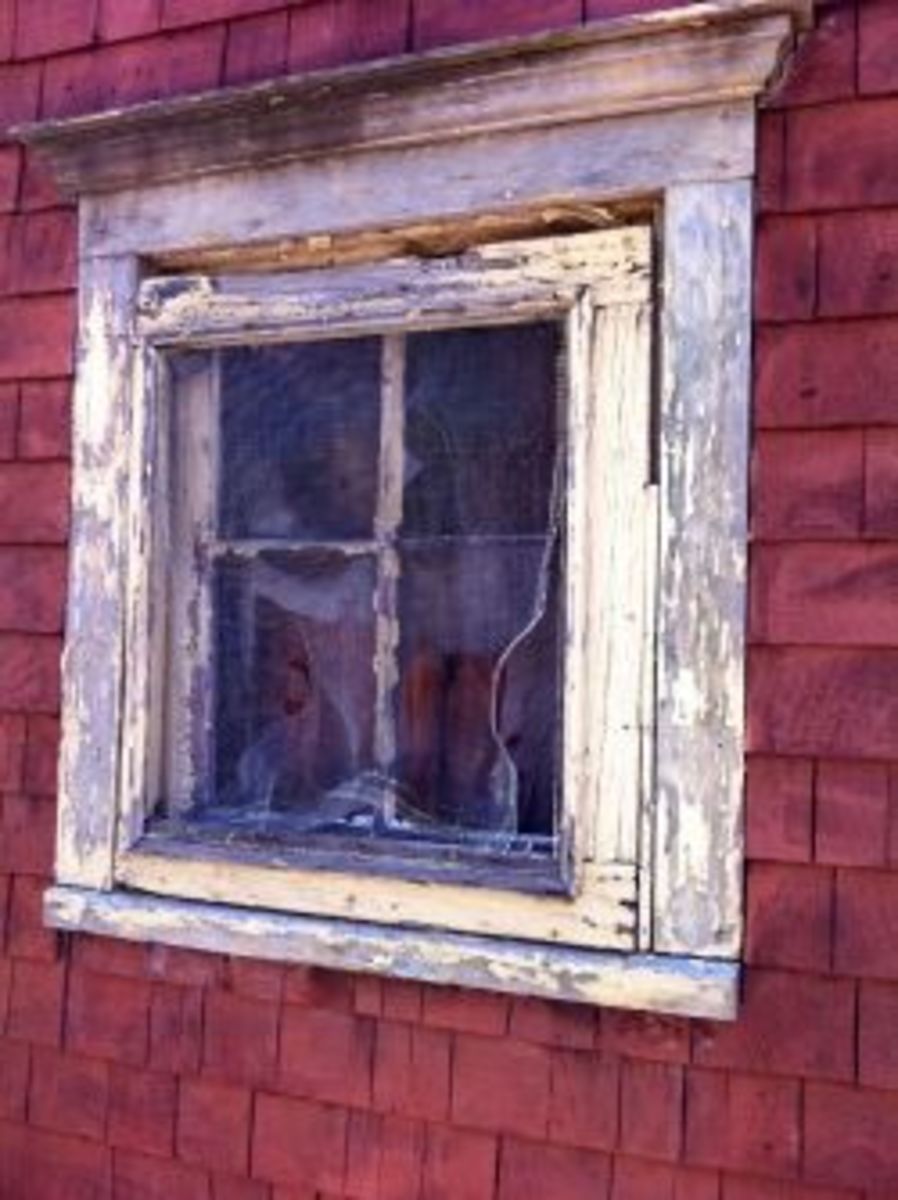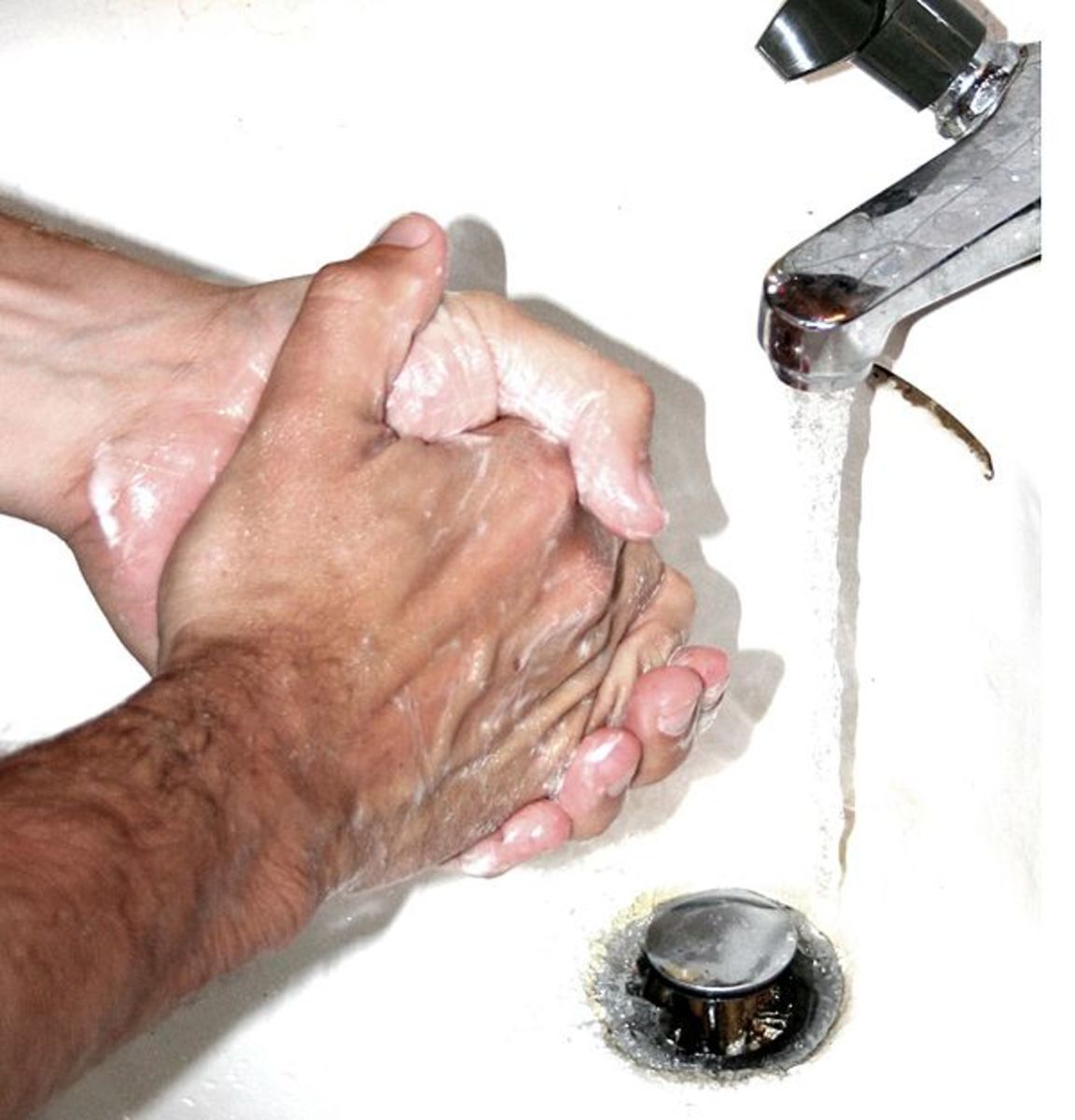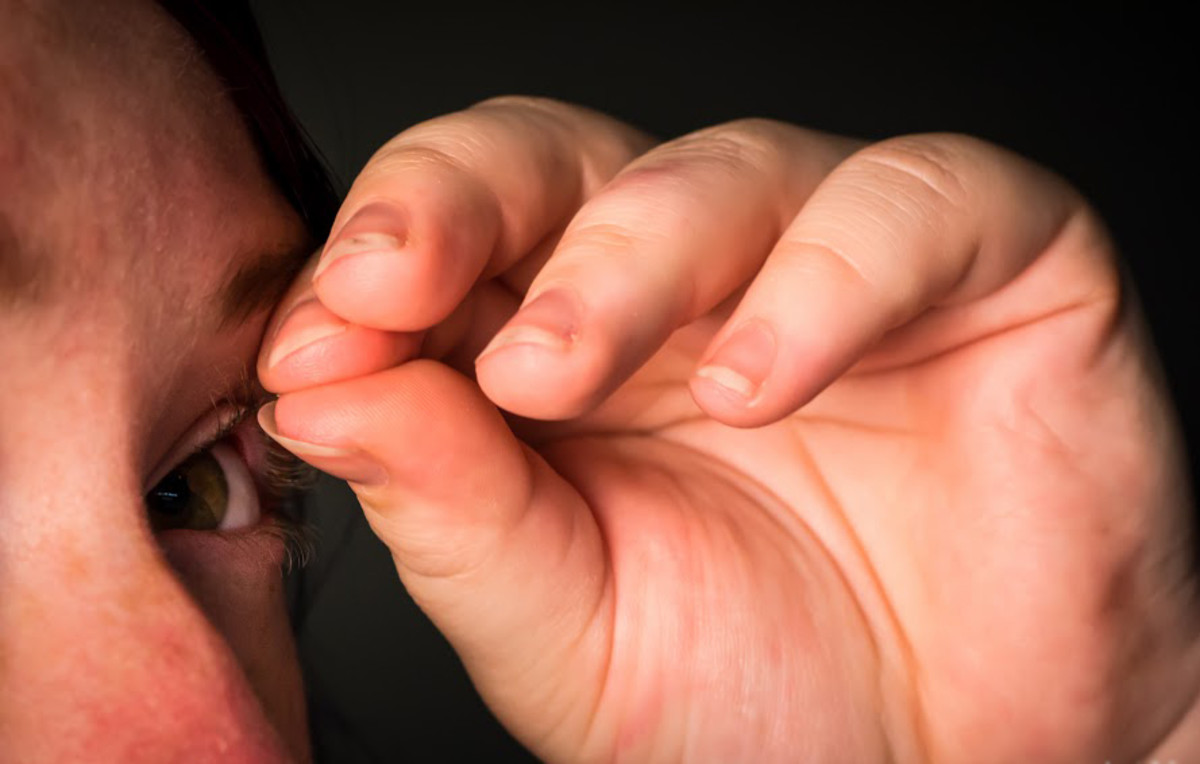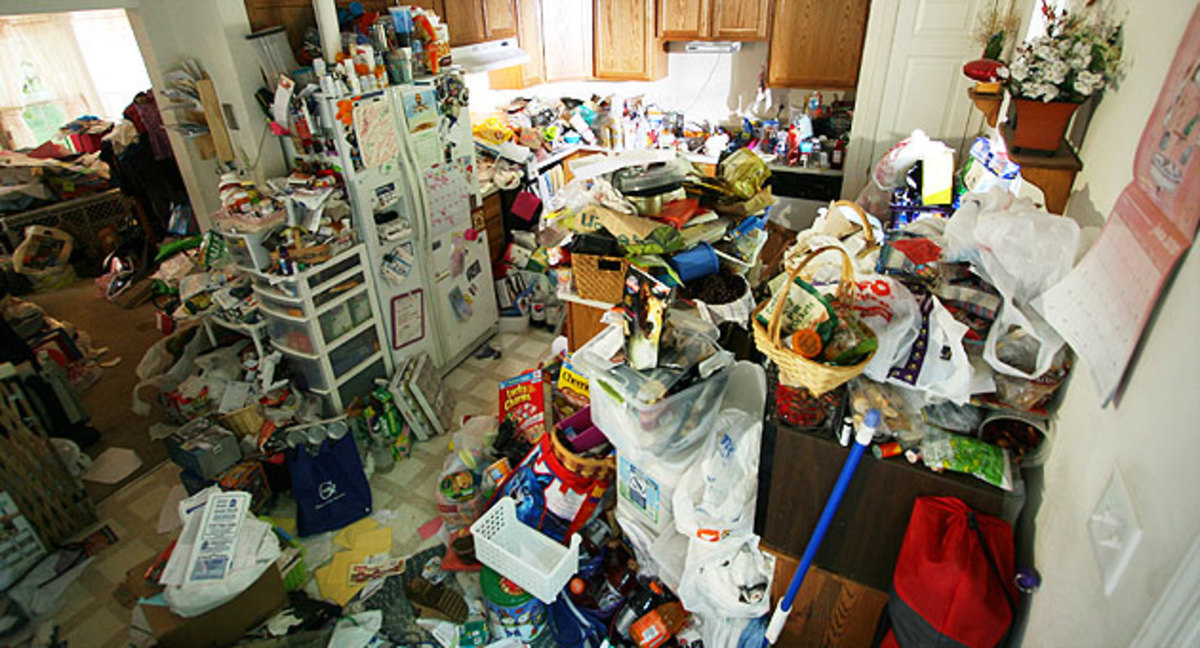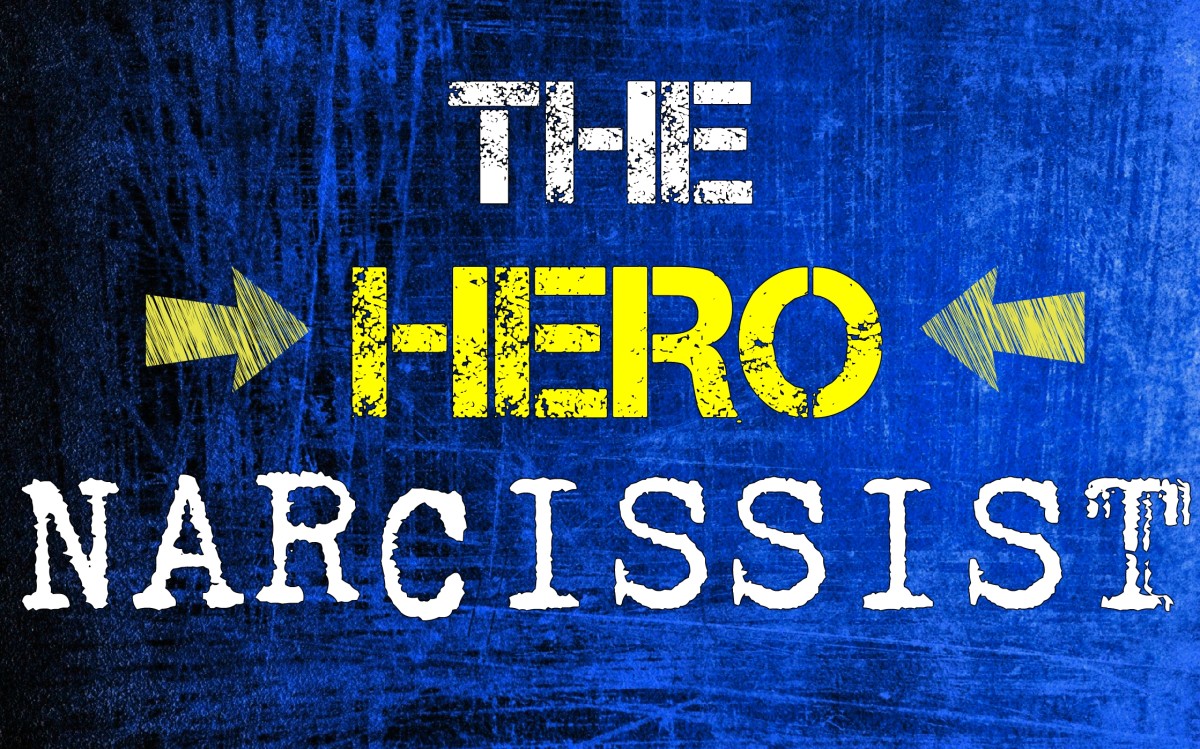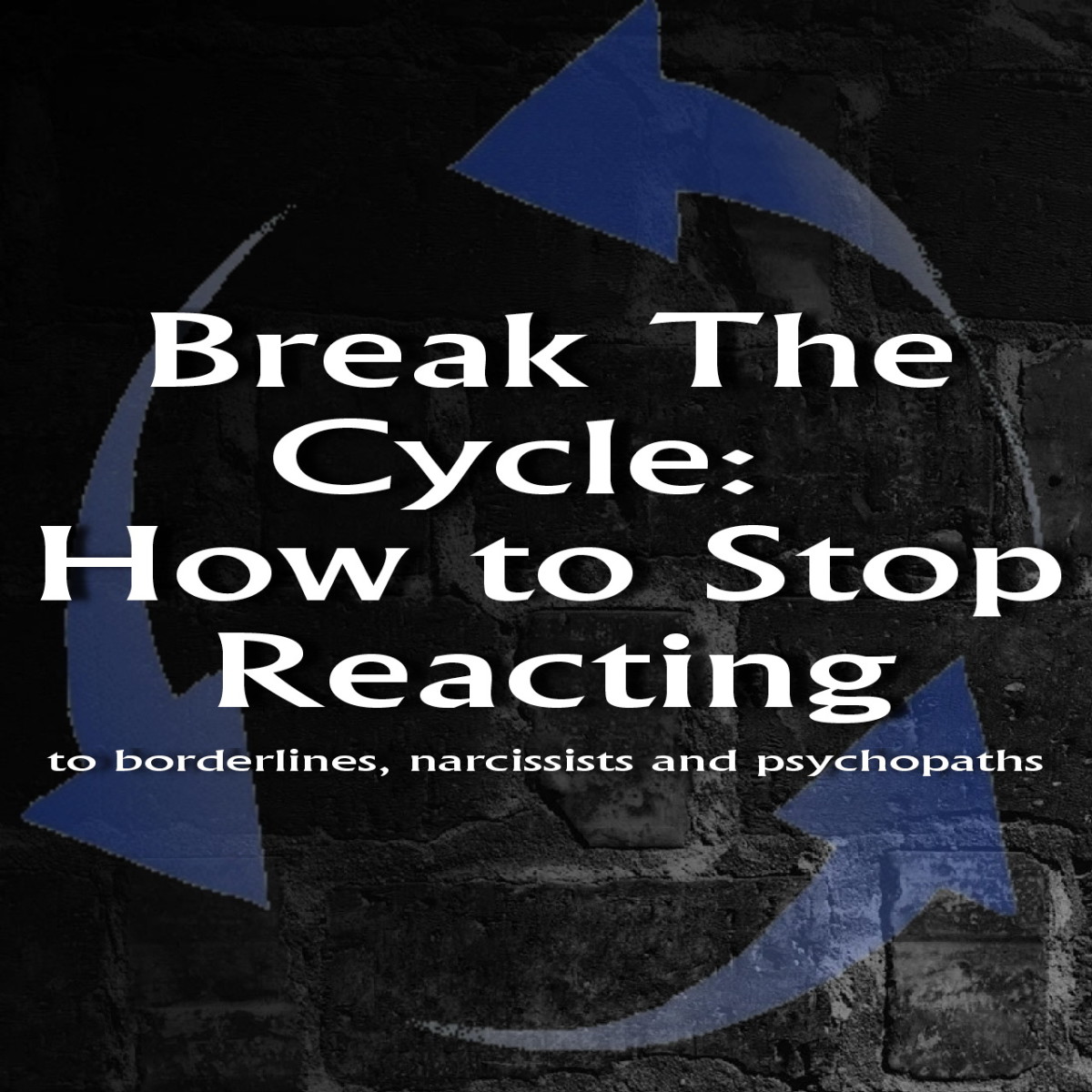- HubPages»
- Health»
- Mental Health»
- Personality Disorders
Obsessive Compulsive Neurosis And Reactive Depression: Etiology, Clinical Presentations, Diagnosis And Treatment
obsessive compulsive disorder

Obsessive Compulsive Neurosis
This neurotic disorder is characterized by obsessions. These are thoughts repeatedly coming into the mind inspite of a strong will to avoid them. There is a subjective compulsion to act accordingly. Though, the patient is fully aware of his absurdity, he is helpless and he is unable to resist actions.
Etiology: Obsessions usually occur among obsessive personalities. Such individuals are usually very meticulous and methodical, who are very particular about cleanliness and orderliness in everything. Many give a family history of obsessive neurosis. Obsession may also result as a sequel of head injury and intracranial infections.
Clinical features: The obsessions may take the form of ideas, doubts, phobias and compulsions. The idea may be of any form. Obsessive doubt may be for an activity that has been just carried out. For example, the patient may go to bed after bolting the door. He may get up the next moment in doubt whether he had bolted the door or not. This may be repeated incessantly.
Obsessive phobia is the fear of doing a harmful thing. For example, a patient may have the fear in mind that he may add poison in the medicine supplied. Obsessive compulsions are motor activities which are repeated. The patient may wash the hand repeatedly, being unsatisfied with the cleanliness. The washing may be continued even to the point where the skin peels off. Obsessions may be associated with anxiety or depression.
Diagnosis: The premorbid personality, the family history and clinical features help in making a diagnosis. Obsessive compulsive neurosis has to be differentiated from schizophrenia, psychotic depression and dementia.
Course: In many cases, the illness may recover gradually by itself. In some, the recovery may be sudden even during the early part of the illness. Often, efforts to suppress the obsession by will power only serve to aggravate the disorder.
Treatment: No specific treatment is available for this condition. Supportive psychotherapy will help the patient in understanding his symptoms. Drugs like benzodiazepines or phenothiazines are used to relieve the anxiety and tension. Leucotomy may be advised in certain cases with severe emotional distress. Behaviour therapy may be beneficial in some cases.
Psychiatric Presentations Of Reactive Depression
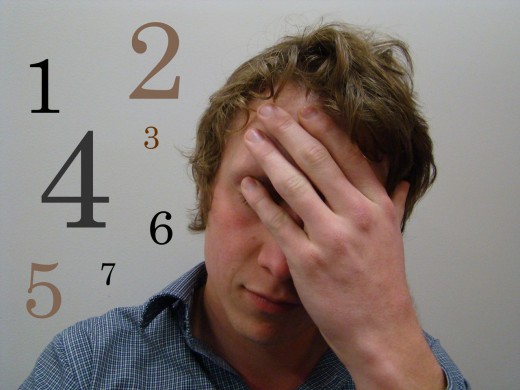
Reactive Depression
This illness is otherwise called neurotic depression or depressive neurosis. It is a state of reactive unhappiness. Any untoward event in the environment may give rise to unhappiness even in normals but this may last only for a short period. In certain personalities, the unhappiness is much greater in degree and longer in duration. This gives rise to reactive depression.
Clinical features: The symptoms include subjective feelings of unhappiness and anxiety. The mood improves when the patient is taken away from the stressful situation (reactivity of mood). Very often, these patients are angry and resentful and they tend to blame other people for their illnesses. The symptoms are worse towards the later part of the day (diurnal variation). They suffer from late insomnia.
Diagnosis: Reactive depression is diagnosed by its clinical features and the circumstances of the illness. It has to be differentiated from psychotic depression and anxiety neurosis.
Treatment: Supportive psychotherapy is very helpful in relieving reactive depression. Anti-anxiety and antidepressant drugs may be helpful in giving symptomatic relief.
© 2014 Funom Theophilus Makama



